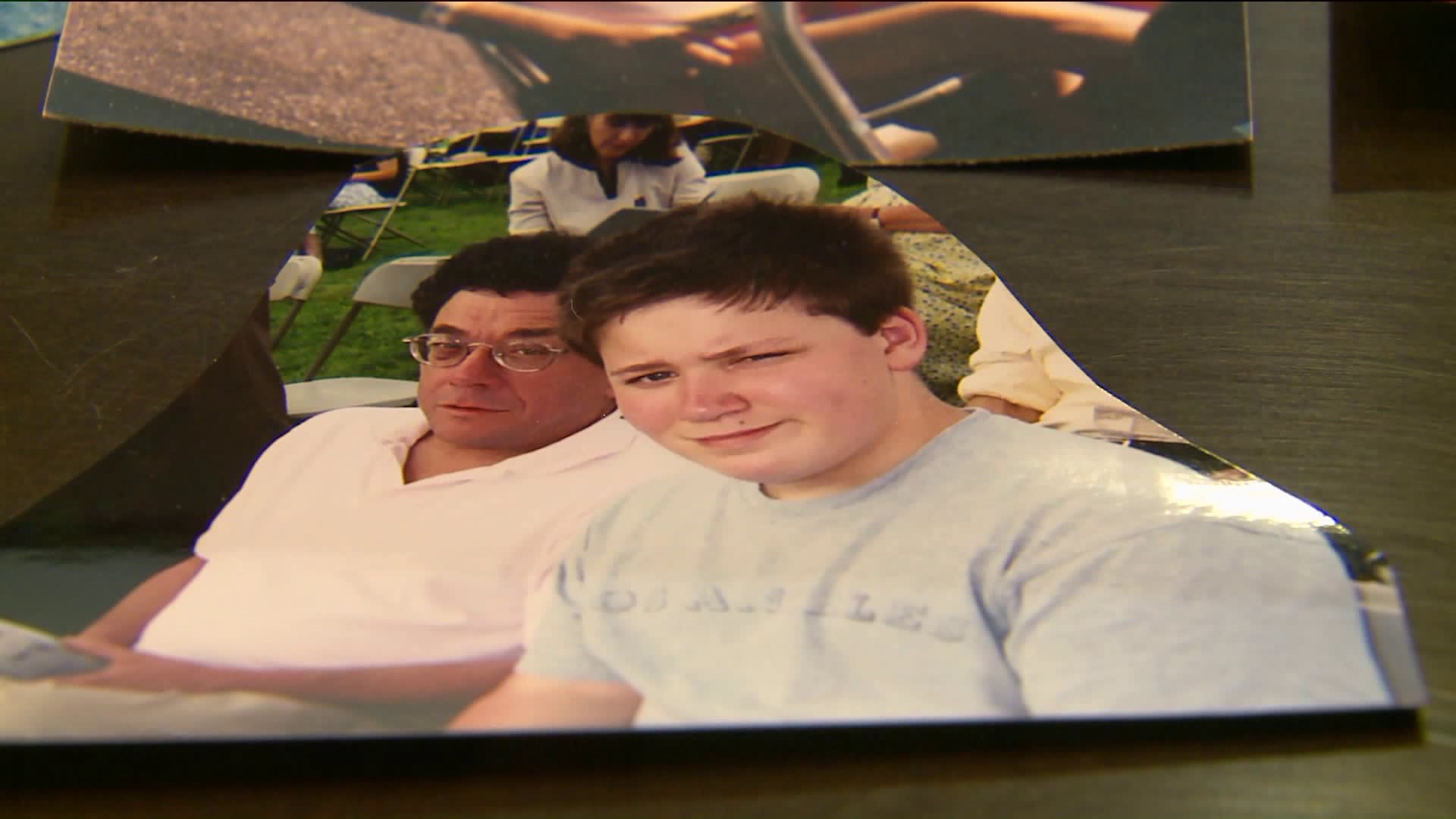HARTFORD -- For people living with spinal cord injuries, and their caretakers, there isn’t much luxury to wait for scientists to develop a miracle cure. They need a lot of help now, just to manage daily life.
There can a silver lining to this dependence, though. For some lucky families, the constant interaction with doctors, therapists and aides can cause the traditional caregiver/patient dynamic to blur.
For Sherman Bercowetz, the people whose job it was to help him and his family started becoming more and more like family, and that fondness has persisted despite Sherman’s passing in 2015. Sherman developed complications from eczema in 2004, and it left him with a spinal cord injury and a brain injury that damaged his sight. At first, his family was understandably devastated.
“When I first came home [from school], the prognosis was very bad. And I remember my mom telling me, ‘Hey this is what’s happening, just be prepared for the worst,'" said Sherman’s son Matthew.
However, their outlook changed shortly after bringing Sherman to meet Dr. Subramani Seetharama, of Hartford Hospital and the Hospital for Special Care.
"He walked out of the room and said, ‘You’ll be fine,’ and I’m like, ‘Really?’" said Sherman’s wife, Sharon. "Maybe it was from that initial, ‘Oh you’ll be fine’ that I had dumb faith in him.”
“You get close,” said Seetharama, as he paused to compose himself. “I saw Sherman from 2004 to when he passed away, and I still remember the last two visits.”
The Bercowetz family also got close to Sherman’s longtime aide, Eric Kasowitz, and under Eric’s guidance, Sherman’s mobility began to come back during the early stages of his rehabilitation.
“He would ride a recumbent bicycle, he would walk around an indoor track. When we would tell other specialists that Sherman was doing Pilates, they were amazed,” Kasowitz said.
“Eric was a brother. He wasn’t an aide, he was there for my dad every day, but he was there for the family as well every day,” said Sherman’s son Adam.
Organizations like the United Spinal Association also helped to coordinate with providers to make Sherman’s home more handicapped accessible.
“He could go into every single room, and it wouldn’t have been possible without the Spinal Cord Association,” said Matthew.
Of course, outfitting houses and cars to make them handicapped accessible can be extraordinarily expensive, and Sherman’s family said many other spinal cord injury sufferers don’t have the insurance and financial means that they had to defray those expenses.
“Literally, you need hundreds of thousands of dollars worth of supplies just to maintain a certain baseline,” said Kasowitz.
The United Spinal Association’s Connecticut Chapter often provides small quality-of-life grants to individuals, to help pay for the cost of everything from ramps and shower re-fittings to adapted clothing and school tuition. Those grants are made possible, in part, by donations from people like the Bercowetz family. Sharon said it was a commitment she made the day of Sherman’s funeral.
“We always said that, from this horrible situation, we met the best people, and we learned that something horrible could be something good,” she said.

